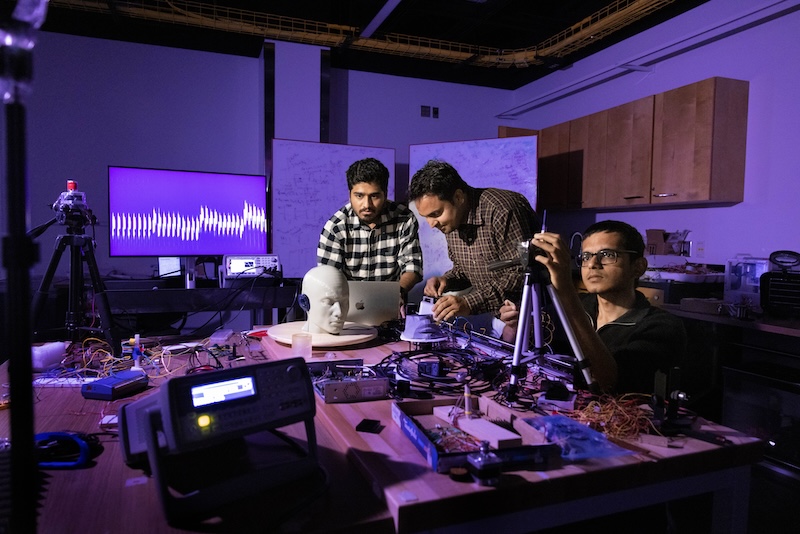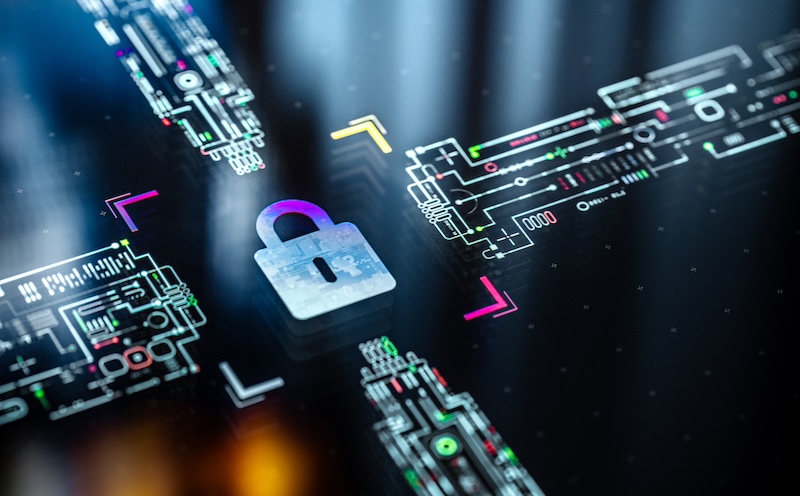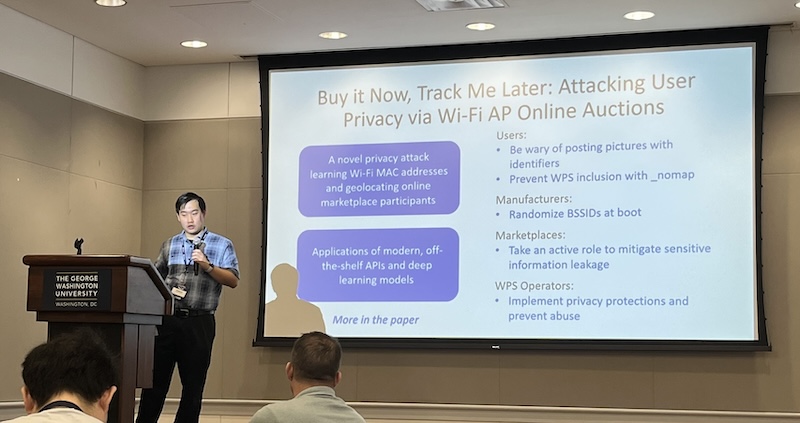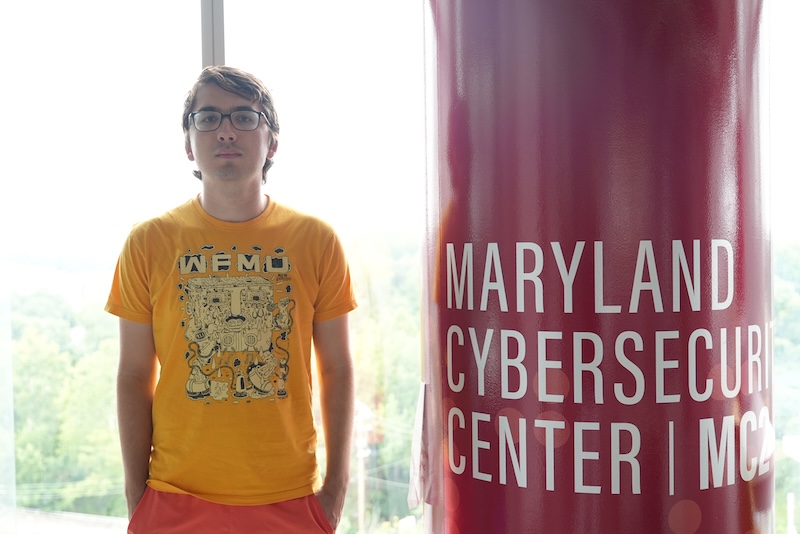News Story
Maimon Co-Leading NSF Grant to Understand Link Between Mobile Device Users and Cybercrime
David Maimon, an associate professor of criminology and criminal justice with an appointment in the Maryland Cybersecurity Center (MC2), is co-leading a project funded by a $500K National Science Foundation (NSF) grant that aims to identify, understand and ultimately reduce behaviors that make mobile device users more likely to fall victim to cybercrime.
The two-year grant awarded to researchers at UMD and the Fraunhofer Center for Experimental Software Engineering (CESE) will provide insight into how criminal activity and victimization are often facilitated by smart phone users' unwitting or incautious behaviors.
Maimon and Lucas Layman, who will co-lead the project on behalf of Fraunhofer CESE, say this work is timely because people are increasingly interacting in the cyber-world through data-rich mobile devices. Additionally, mobile device-related cybercrime appears to be more influenced by factors in the physical world—such as location, environment and social interaction—than traditional desktop computing.
During the project, researchers will develop detailed behavior sensors and use them to unobtrusively compile a rich data set from scores of users. The data will then be augmented with contextual information drawn from user questionnaires, U.S. Census data, neighborhood condition data from Google Street view, and more to better interpret user behaviors.
Researchers will then analyze this data to better understand security threats stemming from behavioral and social factors and conduct experiments to test their observations.
Finally, the researchers plan to publicly release this data to the scientific community along with open source tools for collecting and analyzing the data.
If successful, Maimon and Layman expect this work to lead to new technologies and approaches that protect users from cybercrime. For example, predictive models that can alert users when they fall into risky behaviors, system design and usage policies that nudge users away from risky behaviors, and best practices training that teaches system developers how to build less risky systems in the first place.
MC2 is supported by the College of Computer, Mathematical, and Natural Sciences and the A. James Clark School of Engineering. It is one of 16 centers and labs in UMIACS.









